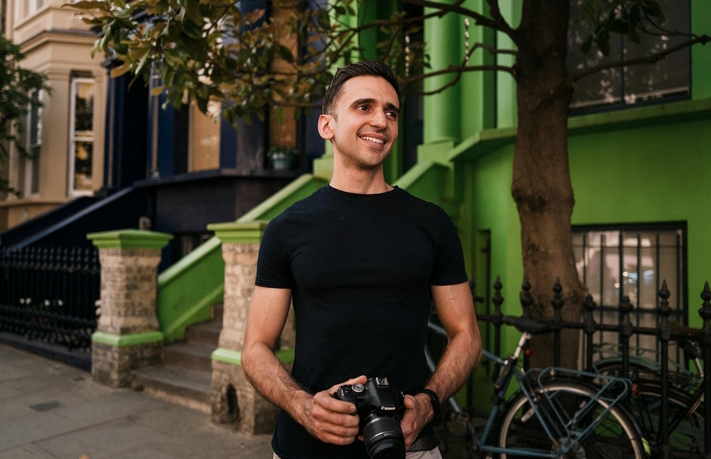Shocking Truth Revealed: The Risk of Hair Transplants In Turkey

Are you tired of dealing with hair loss and considering a hair transplant? Before you pack your bags and jet off to a foreign country in search of a luscious head of hair, hold on! In this eye-opening blog post, we will delve into the world of hair transplants, answering key questions, and exposing the hidden risks of undergoing this procedure overseas.
Do Hair Transplants Work?
Let's address the burning question first: Do hair transplants actually work? The answer is a resounding YES! Hair transplant procedures have come a long way, and modern techniques like Follicular Unit Extraction (FUE) and the best hair transplant method, Precise Follicle Placement (PFP) which offers impressive and natural-looking results. The PFP method for hair transplant involve transferring healthy hair follicles from donor areas to areas experiencing hair loss, allowing the growth of permanent, natural hair.
What are the risks of having a hair transplant overseas in countries like Turkey?
Turkey has become a popular destination for individuals seeking affordable hair transplants. While the idea of combining a hair transplant with a vacation may seem enticing, it's crucial to consider the potential risks involved. Safety should always be a top priority when undergoing any medical procedure, especially one as intricate as a hair transplant.
The decision to undergo a hair transplant abroad can come with several risks and challenges. It's important to be aware of these potential issues before considering this option. Here are some of the risks associated with overseas hair transplants:
- Language Barriers: Communication is vital when discussing your expectations, concerns, and post-operative care with your medical team. In a foreign country, language barriers can hinder effective communication, leading to misunderstandings and potential complications. It may be difficult to convey your desired results accurately, increasing the risk of dissatisfaction with the outcome.
- Variations in Medical Standards: Different countries have varying regulations and standards of care for medical procedures, including hair transplants. It can be challenging to assess the qualifications and expertise of the medical professionals overseas. Inadequate training, lack of proper hygiene practices, or subpar facilities may increase the risk of complications, infections, or unsatisfactory results.
- Differences in Hair Type and Ethnic Considerations: Hair characteristics can differ significantly among individuals from various ethnic backgrounds. Overseas clinics may have limited experience in working with specific hair types, resulting in a lack of understanding of your unique needs. This can affect the precision and effectiveness of the procedure, potentially leading to unnatural-looking results or hair that doesn't match your natural hair texture.
- Limited Post-Operative Care: Hair transplant procedures require proper post-operative care to ensure optimal healing and hair growth. When undergoing a hair transplant overseas, you may face challenges in receiving adequate follow-up care, as it may be difficult or expensive to travel back for subsequent appointments. This lack of proper aftercare can increase the risk of complications and affect the overall success of the transplant.
- Time Zone Differences and Travel Fatigue: Your hair transplant doctor in Turkey might ask how you want your hairline to look like and because of the time zone differences, it may be hard to ask your significant other, close friends or family back home. Additionally, if any complications arise after returning home, coordinating with the overseas clinic for support or follow-up care may be challenging due to these time zone differences.
- Legal and Insurance Considerations: In the event of unforeseen complications or unsatisfactory results, seeking legal recourse or insurance coverage can be more complicated when dealing with a foreign clinic. Different countries may have varying regulations and legal systems, making it challenging to address any issues that may arise.
Hair transplants are a viable solution for those struggling with hair loss, offering the opportunity to regain confidence and a full head of hair. While the allure of overseas procedures may be tempting, it's crucial to be aware of the potential risks associated with language barriers, differences in hair type, and time zone disparities. It is strongly recommended to consult with a trusted, local hair transplant doctor who understands your specific needs and can provide ongoing care and support. Be sure to check their Google reviews, blogs, hair loss podcasts and real-life hair transplant before and after photos.
Remember, the path to hair restoration should be paved with informed decisions and comprehensive research. Stay cautious, prioritise your safety, and embark on your hair transplant journey with confidence and peace of mind.







